With President Joe Biden pardoning thousands of people convicted of marijuana possession and the rise of microdosing psychedelics as a treatment for mental illness, now is a good time to dive in to some books about drugs, especially of the recreational variety.
Originally I wanted this list to be science-heavy, full of cool, weird books about how drugs like LSD and “magic” mushrooms came to be and how they affect our brains, but it turns out that mostly white people write those books.
Since we like a variety of voices around here, I added in the much-needed perspectives of marginalized people writing about the history and politics around the criminalization of recreational drugs, especially by way of deadly drug cartels in Latin America and the staggeringly high numbers of Black and Brown people being incarcerated for possessing or selling drugs.
I also wanted to stay away from addiction memoirs and self-help books; while those are of course necessary for the conversation — and some of my favorites to read — they aren’t the focus here.
It feels right that these political stories sit alongside the science books. Because everything in this world is political. Let’s get to it.
Books about Drugs
Chasing the Scream: The First and Last Days of the War on Drugs by Johann HariIt’s been 100 years since recreational drugs were first banned in the U.S. and Chasing the Scream chronicles the truth and side effects of the seemingly endless war on drugs. The real story is more human, about people trying to survive. Did you know Billie Holiday was stalked and killed by the man who launched the war on drugs? Johann Hari tells the full story, ending with a doctor who urged his country to decriminalize all drugs — and won. |

Dopesick: Dealers, Doctors, and the Drug Company that Addicted America by Beth MacyOne of the more well-known books about drugs to come out recently is Dopesick, which tells the story of OxyContin. It was only introduced in 1996 — a mere 26 years ago — and quickly flooded the market. Its use spans the country, from rural communities to wealthy suburbs, marking the only real common factor across geographic and class lines in America. The most devastating part of this book is the people affected by the drug, either in losing loved ones or coping with addiction. |
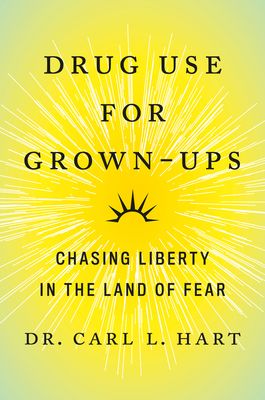
Drug Use for Grown-Ups: Chasing Liberty in the Land of Fear by Dr. Carl L. HartPsychology professor Dr. Carl L. Hart’s argument is that the real danger of drugs comes from the fact that they’re illegal. He uses recreational drugs himself and insists that criminalization and demonization are the problem, not the drugs themselves. While doing research under funding from the war on drugs, he found that the facts didn’t support the ideology, and that the real goal of the campaign seemed to be keeping Black and Brown bodies in prison. Drug Use for Grown-Ups focuses on the positives of recreational drugs, when used responsibly, and on the failures of our society. |
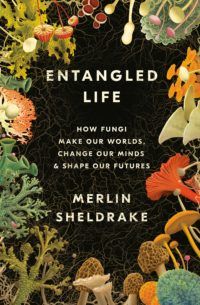
Entangled Life: How Fungi Make Our Worlds, Change Our Minds & Shape Our Futures by Merlin SheldrakeEntangled Life is all about the magic of fungi and mushrooms, from making bread and alcohol to altering our minds and treating mental illness. Merlin Sheldrake takes us on a journey through the various lives of fungi — most of which exists quietly underground — and, most fascinatingly, their psychedelic properties. |
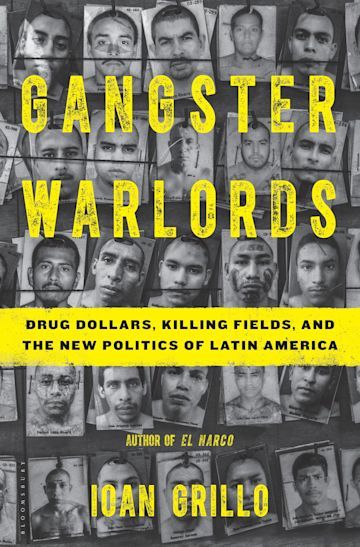
Gangster Warlords: Drug Dollars, Killing Fields, and the New Politics of Latin America by Ioan GrilloIoan Grillo is a journalist who has covered the drug world in Latin America for two decades. Gangster Warlords exposes the crime wars across Central and Southern America and the Caribbean, from the militia-controlled ghettos to the shiny halls of policymakers. The effects of this work their way across the globe, influencing the fuel used in cars and the gold used in jewelry. No part of the world is untouched by the unjust criminalization of drugs. |
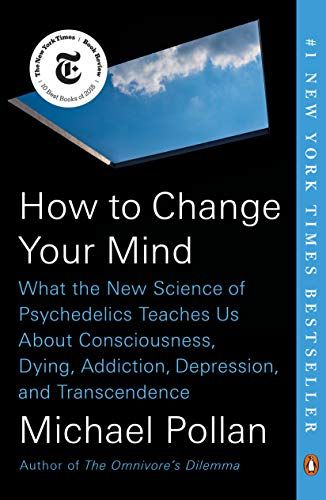
How to Change Your Mind: What the New Science of Psychedelics Teaches Us about Consciousness, Dying, Addiction, Depression, and Transcendence by Michael PollanWhen LSD was first discovered, it looked like a promising treatment option for mental illness and consciousness. But then the war on drugs halted all research. More work has been done undercover recently, and Michael Pollan, journalist and author of numerous books about where nature and humans collide, shares his own experiments with psychedelics. How to Change Your Mind just might open your eyes to a new way of being. |
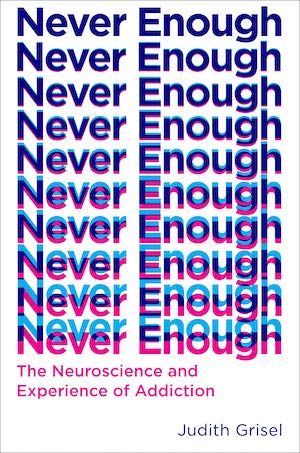
Never Enough: The Neuroscience and Experience of Addiction by Judith GriselJudith Grisel is a behavioral neuroscientist and recovered drug addict, making her the perfect person to explore the science behind addiction. Never Enough explains how each drug interacts with the brain, what experiences they create, and why they are so hard to quit. It contains a moving blend of science alongside personal stories from addicts and caregivers. |
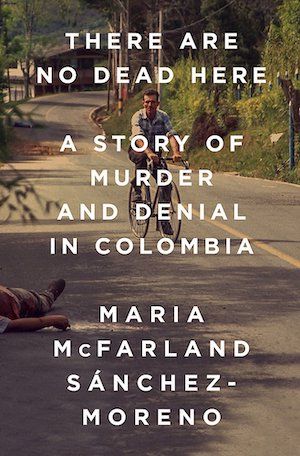
There Are No Dead Here: A Story of Murder and Denial in Colombia by Maria McFarland Sánchez-MorenoWith the death of Pablo Escobar, the notorious drug lord, in 1993, Colombians had hope for the end of deadly drug cartels. But that hope was short-lived. By the late ’90s, right-wing groups with ties to the cocaine industry showed up, leaving corruption, rape, and torture in their wake. There Are No Dead Here tells the stories of a journalist, a human rights activist, and a prosecutor whose lives were changed by standing up to the violence and corruption around them. |
If you want more, be sure to check out these 15 weed books about the history of the plant alongside how-to guides and cookbooks.









